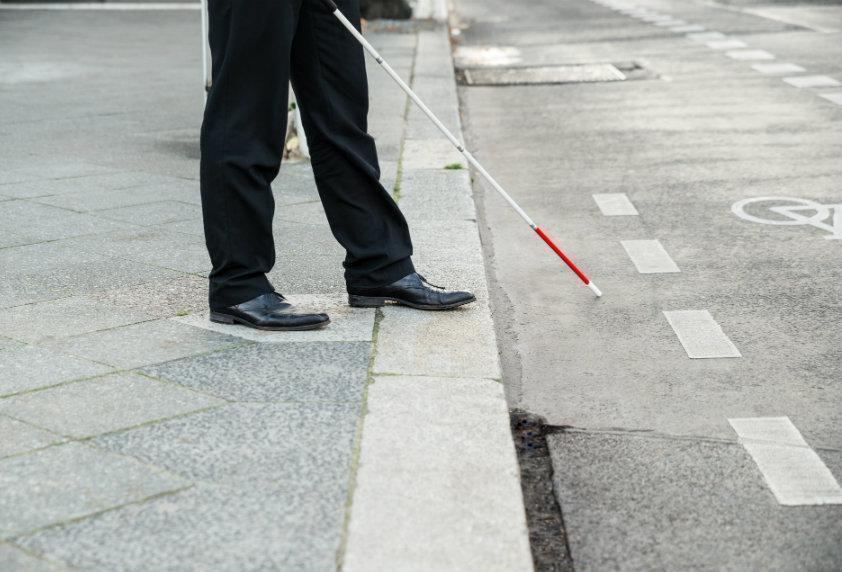There are a number of eye diseases and conditions that can lead to blindness if left untreated. This makes early detection, regular eye exams and an accurate diagnosis crucial to ongoing vision and eye health.
Just about all cases of blindness are caused by disease; only around 4 percent of cases are caused by an eye injury or other trauma to the eye. Just over one million people in the U.S. are legally blind. The legal definition of blindness refers to vision that has deteriorated to 20/200 or worse.
The Components of Optimal Vision
There are numerous factors in optimal eye and vision functioning. It is a complex process involving the processing of light through the lens, cornea and iris. The image created is projected onto the back wall area of the eye where millions of nerve endings on the retina process and perceive it. This information is then sent to the brain via the optic nerve for translation.
Vision loss and blindness can be caused when any of these components are affected or disrupted. Eye disease can cause deterioration, cloudy vision or a change in the eye’s shape that distorts vision. The following are some of the most damaging eye conditions that can eventually lead to blindness if undetected or untreated:
Macular Degeneration
Macular degeneration is the most common cause of vision loss and blindness in older individuals. This condition involves the gradual deterioration of the nerve endings of the retina. As described above, the retina is crucial to the eye “making a picture” at the back of the eye as well as for sharpness in the central visual field. Macular degeneration begins with small blind spots and blurring vision. While there is no cure, there are treatments that can help to slow its progression.
Glaucoma
Glaucoma involves a buildup of pressure in the eye due to an accumulation of fluid. The pressure eventually damages the retina and optic nerve, causing a loss of peripheral vision. This condition is often undiagnosed and undetected, which is highly problematic since glaucoma cannot be reversed. However, proactive treatments including eye drops and surgical procedures can slow its progression and help to avoid blindness.
Cataracts
Cataracts are cloudy growths on the surface of the eye’s lens. They can cause blurred vision, glare and the fading of color vision. This condition affects many older individuals and often requires surgery to be resolved.
Diabetic Retinopathy
Diabetic retinopathy is caused by systemic damage from diabetes. The blood vessels that supply the retina become damaged, leading to bleeding and eventual blindness.
Traumatic Injury
Injury to the eye or optic nerve, whether caused by abrasive chemicals or physical contact with the eye.
Other Causes of Blindness
Blindness can also because by certain infectious diseases, such as Herpes simplex virus type 1 (HSV-1), infectious and inflammatory eye diseases, a vitamin A deficiency, an eye stroke (retinal artery occlusion), retinal vein occlusions, abnormal blood vessel development in the retinas of premature babies (retinopathy of prematurity), cancers of the eye, and congenital or hereditary diseases.
Regular Eye Exams Can Help Prevent Blindness
Blindness is almost always caused by a progressive eye disease, not an eye injury. Because of this, regular eye exams are crucial to early detection. For best results, see your eye doctor at least once per year.
